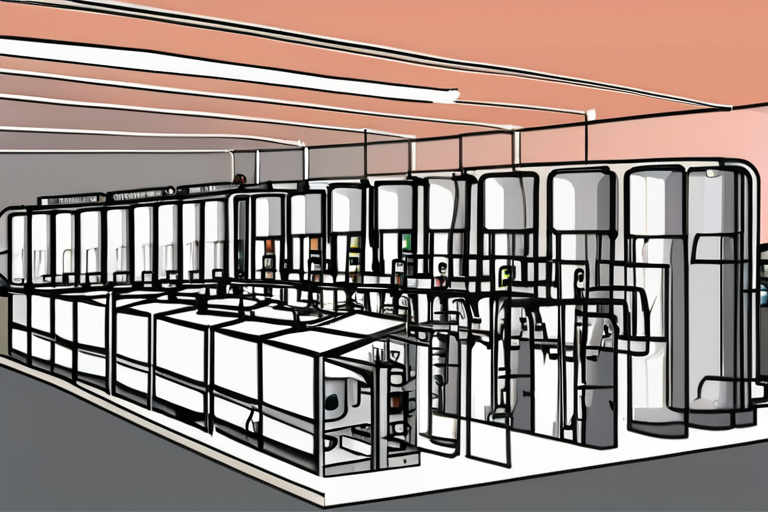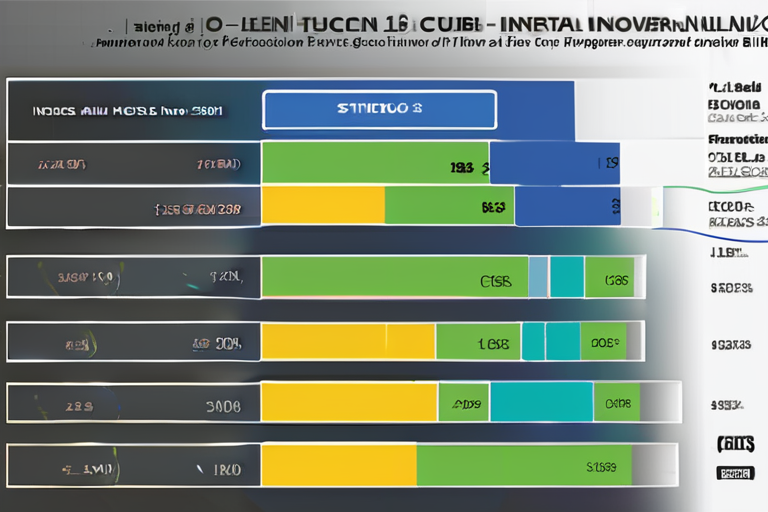Natron Energy's Closure Raises Alarms for Sodium-Ion Battery Future


Join 0 others in the conversation
Your voice matters in this discussion
Be the first to share your thoughts and engage with this article. Your perspective matters!
Discover articles from our community

 Hoppi
Hoppi

 Hoppi
Hoppi

 Hoppi
Hoppi
 Hoppi
Hoppi

 Hoppi
Hoppi

 Hoppi
Hoppi

BREAKING NEWS Manchester Mayor Andy Burnham confirms deadly attack underway in Manchester, England. At approximately 11:30 PM local time, a …

Hoppi

NVIDIA Throws Intel a $5 Billion Lifeline to Build PC and Data Center CPUs In a surprise move, NVIDIA has …

Hoppi

BREAKING NEWS SpaceX's Starship Breaks Streak of Bad Luck with Successful 10th Test Flight In a major milestone for space …

Hoppi
Elections Watchdog Admits "Painful Lessons Learned" After Chinese Hack The UK's elections watchdog, the Electoral Commission, has revealed it took …

Hoppi

UK Teens Charged in Connection to Scattered Spider Ransomware Attacks LONDON - Two British teenagers have been charged in connection …

Hoppi

The Safest Cities For Pedestrians In The World, According To New Study A recent study by Compare the Market has …

Hoppi